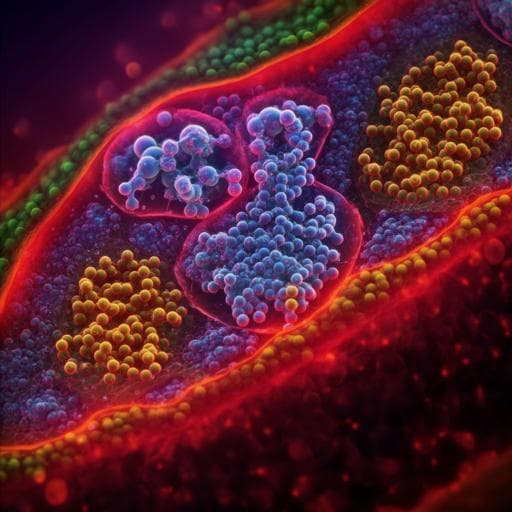
Biology
Increasing the resilience of plant immunity to a warming climate
J. H. Kim, C. D. Castroverde, et al.
This groundbreaking research conducted by Jong Hum Kim, Christian Denv. Castroverde, and their team unveils how climate change's extreme temperatures hinder salicylic acid production in plants, ultimately weakening their immune defenses. The study highlights the potential of optimizing *CBP60g* expression to enhance plant resilience against climate change.
Related Publications
Explore these studies to deepen your understanding of the subject.







